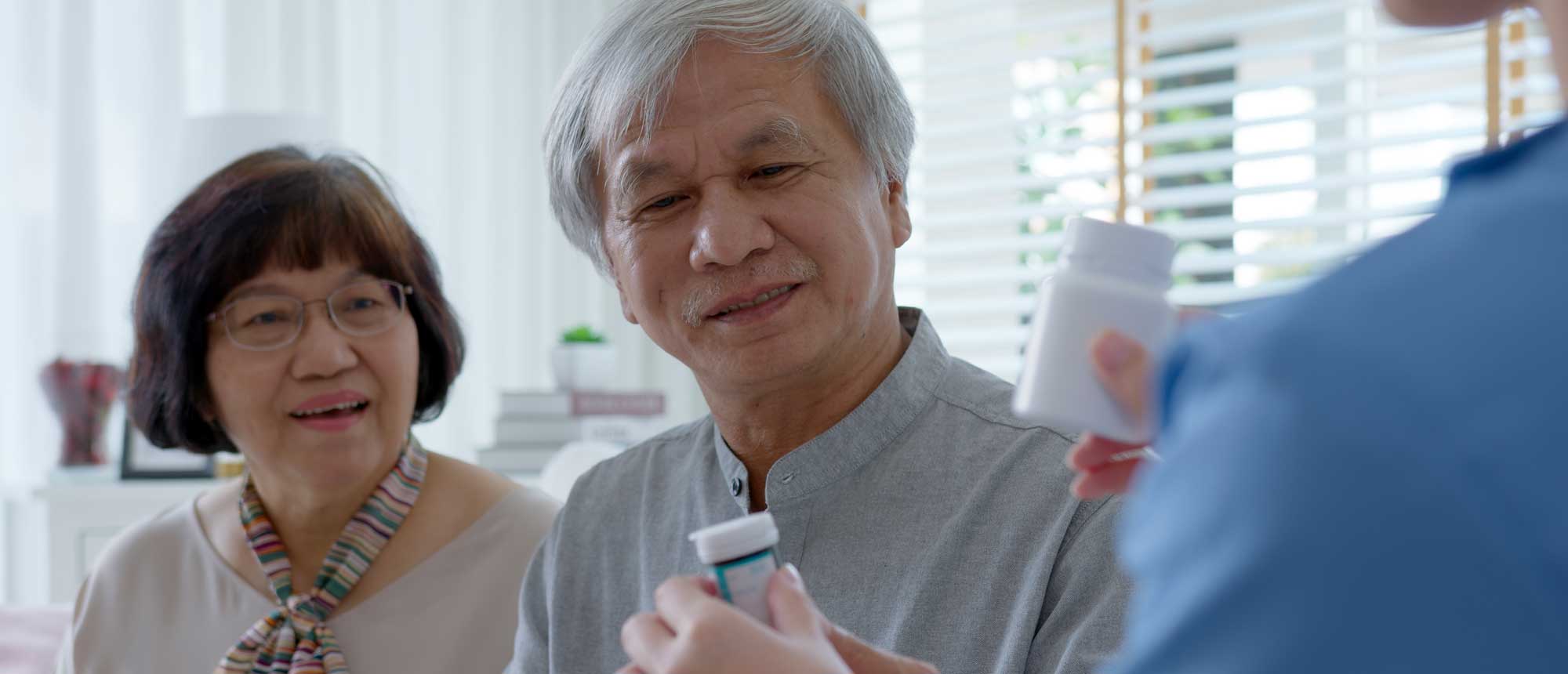24 Feb Caregiver Training Preparation: What to do When Your Parents Move-In
Your parents are your providers during the early stages of your life. They offer you love, shelter and support until you’re ready to move on to the next phase of your life. It can be difficult coming to terms with the fact that your parents are aging—but they need your support and family interaction. In many cases, senior home care is the best option. Here’s what to do when your parents move into your home.
Family Interactions: Make Time for Your Parents
More than 40% of seniors say they often feel lonely. Studies show that seniors who are lonely are at a greater risk of developing chronic illnesses. Moving your parent(s) into your home isn’t enough, if you aren’t interacting with them. Spend time with them, and make socialization a priority. Your parents will need companionship and support. It will supplement any senior home care that is provided by another family member, caregiver or nurse.
Level of Care: Determine the Amount Assistance Needed
Once a parent has moved in, it’s important to consider how much home care he or she will need. Making a note of ADLs (activities of daily living) will determine if your parent needs constant attention, or help with a selection of activities. Examine your parent’s cognitive, mobile, and physical abilities before talking with a representative about what type of senior home care is needed. Standard family interaction may not be enough.
Caregiver Training: Get Trained So You Can Take Care of Your Parents
Studies show 90% of people living with a family member requiring senior home care don’t feel like they have the enough support or training to take care of their loved ones. Our educators want to empower and equip family members with a caregiver training skillset that will alleviate their fears, and prepare them to be excellent caretakers and at family interactions.
At Family Tree, we believe in the power of education. Our expert care home educators can provide you with the tools needed to give your parents the best personal, in-home care. Family members can attend a seminar, class, or private training session. Home safety, diabetes care and wound cleaning are just a few of the options.


